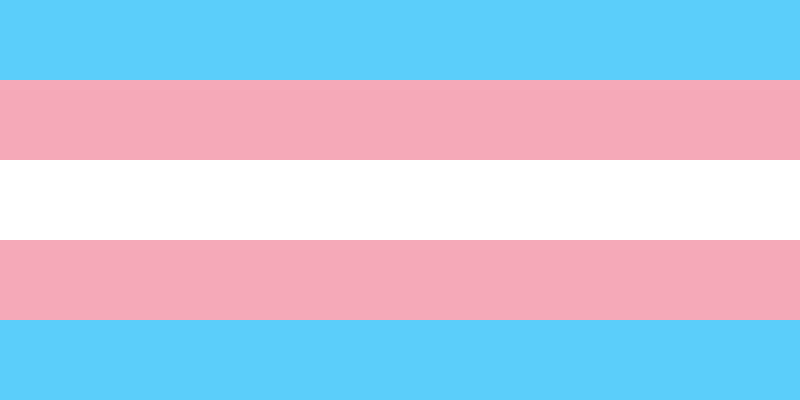I am not God
/I find it to be a law that when I want to do what is good, evil lies close at hand.
-Romans 7:21
I’ve heard a lot of people say they don’t like how full of himself Paul seems to be. It’s true Paul has a very confident and assertive personality and puts forward all his words with an unusual sense of authority. This can be especially problematic for modern readers when he makes strong statements about things in his historical context that have changed since then - things like having slaves, or the role of women in the family and faith community.
We know that he was a powerful person in his time, and is largely credited with the spread of Christianity as a new religion. To modern ears he can sound like an overbearing missionary, which for many of us is not a great look. So it takes some time and study to get to know Paul and to hear his words without remaining closed to him becasue of our first impression of him.
One thing that is not always easily apparent in Paul’s writing is the profound humility he acquired from his Damascus Road experience. At that moment, Paul recognized deep in his soul that God is God and that he, Paul, was not God! He recognized that what the’d thought was completely and righteously right was completely wrongfully wrong. This sudden revelation changed his life in every way and made him far more humble than he had been as a young zealot. So if you’re looking for it, you will find a deep humility in everything Paul writes.
One particularly humble passage will be our reading from Romans this Sunday, in which Paul admits that he just doesn’t have the power he needs to do the right thing.
I do not understand my own actions. For I do not do what I want, but I do the very thing I hate… For I know that nothing good dwells within me, that is, in my flesh, and so I can will what is right, but I cannot do it. For I do not do the good I want, but the evil I do not want is what I do. ..Wretched man that I am!
Maybe you can relate to Paul’s lament. Maybe you say you’re going to swear off sweets, only to say yes to that piece of cheesecake the next day. Or maybe you tell yourself you’re going to to stop swearing, but then someone cuts you off in traffic and… Or maybe it’s much more serious - like wanting to quit drinking or hurting yourself or gambling, and the next thing you know, your addiction grabs you and pulls you under again.
As a younger man, Paul would have commended himself for being righteous and perfect in his life of faith. But after his conversion, he was painfully aware that he was not at all perfect - not even close. But at the same time, he was also given the understanding that despite his inability to escape evil and sin, Christ would be his salvation.
Wretched man that I am! Who will rescue me from this body of death? Thanks be to God through Jesus Christ our Lord!
Ask anyone on a 12 step program about their ‘higher power.’ They’ll tell you that they tried every way to Sunday for many years until they admitted to themselves that there was no way for them to find recovery through their own willpower. But when they were able to give their addiction over to something much bigger than themselves - letting go of their false sense of control - only then were they able to begin to heal.
While not all of us have harmful addictions, I think most of us can relate to Paul’s frustration with his own behavior. Humility is recognizing that as a human, we are simply not able to just pick ourselves up by our own bootstraps. Everything good we are able to do is because of the love and support of God and others in this interconnected life.
So, whenever we feel we’re not in control of ourselves or our lives and are tempted to double down to fix it ourselves, that’s the time to stop, lay the burden down, and ask God for help. Then trust that help will come, and watch for a new opening - a new way through your problem that you would never have thought of yourself.










